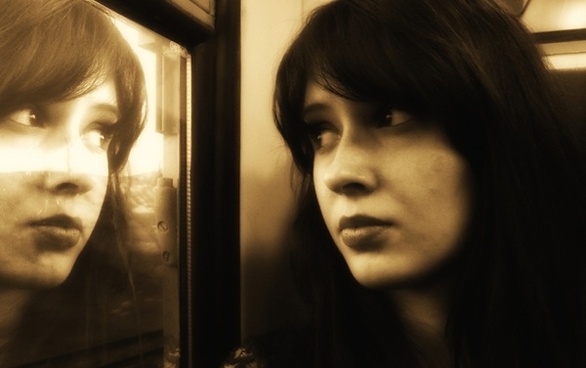METAPHYSICS – AN OVERVIEW :Consciousness, and the Existence of Emergent, Sensuous Qualities

Intensional
Language and Intentional States:
Intensional contexts versus extensional contexts; the interchange of
co-referential terms within extensional contexts as preserving truth-values;
existential quantification, or "quantifying in", as permissible
within extensional contexts; the relation of these two features to patterns of
inference.
Consciousness
and the Mental: Is consciousness a
mark of the mental? Is it a sufficient
condition of the mental? Is it a
necessary condition of the mental?
Intentionality
and the Mental: Is intentionality a
mark of the mental? Is it a sufficient
condition of the mental? Is it a
necessary condition of the mental?
"That" clauses and two types of mental states.
Language,
and the Question of the Source of Intentionality: Is the intentionality of language more basic
than the intentionality of the mental, or vice versa? Is intentionality related to causal and/or
dispositional properties? The argument
from purely physical systems - e.g., the case of the heat-seeking missile.
Topic VII. Is
Change Possible?
Important
Arguments Against the Possibility of Change: (1) Parmenides argument concerning being and
non-being; (2) Zeno’s four arguments:
(a) Achilles and the Tortoise; (b) The Dichotomy; (c) The Arrow; (d) The Stadium; (3) Benardete's "Serrated Continuum" versions of Zeno's paradox: (a) An infinite number of wall-building deities in T-shirts; (b) The infinite sequence of deafening sounds; (c) The infinite pile of thinner and thinner slabs; (d) The book with thinner and thinner pages; (4) McTaggart's argument for the unreality of time.
(a) Achilles and the Tortoise; (b) The Dichotomy; (c) The Arrow; (d) The Stadium; (3) Benardete's "Serrated Continuum" versions of Zeno's paradox: (a) An infinite number of wall-building deities in T-shirts; (b) The infinite sequence of deafening sounds; (c) The infinite pile of thinner and thinner slabs; (d) The book with thinner and thinner pages; (4) McTaggart's argument for the unreality of time.
Some
Relevant Ideas: (1) With regard to
Parmenides' argument: Does change
require negative properties? (2) With
regard to Zeno's arguments:
(a) Infinite series that have finite sums; (b) An action that has an infinite number of parts need not involve an infinite number of sub-actions, since one can intentionally will some outcome without separately willing each part of that outcome; (c) If space or time is infinitely divisible, there will be no next location, or next moment; (d) Infinite collections of things versus infinitely divisible things (Aristotle and actual infinities versus potential infinities);
(e) Russell's analysis of motion as simply being in different locations at different times; (f) Fallacies involving switching the order of quantifiers.
(3) With regard to Benardete's paradoxes: (a) Causally sufficient conditions versus conditions that are actually efficacious; (b) Causally sufficient conditions that are never actual.
(a) Infinite series that have finite sums; (b) An action that has an infinite number of parts need not involve an infinite number of sub-actions, since one can intentionally will some outcome without separately willing each part of that outcome; (c) If space or time is infinitely divisible, there will be no next location, or next moment; (d) Infinite collections of things versus infinitely divisible things (Aristotle and actual infinities versus potential infinities);
(e) Russell's analysis of motion as simply being in different locations at different times; (f) Fallacies involving switching the order of quantifiers.
(3) With regard to Benardete's paradoxes: (a) Causally sufficient conditions versus conditions that are actually efficacious; (b) Causally sufficient conditions that are never actual.











Post a Comment